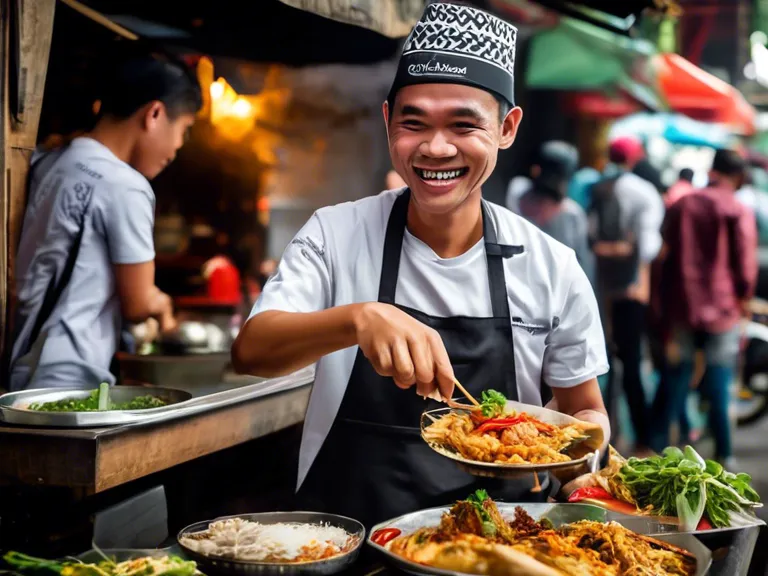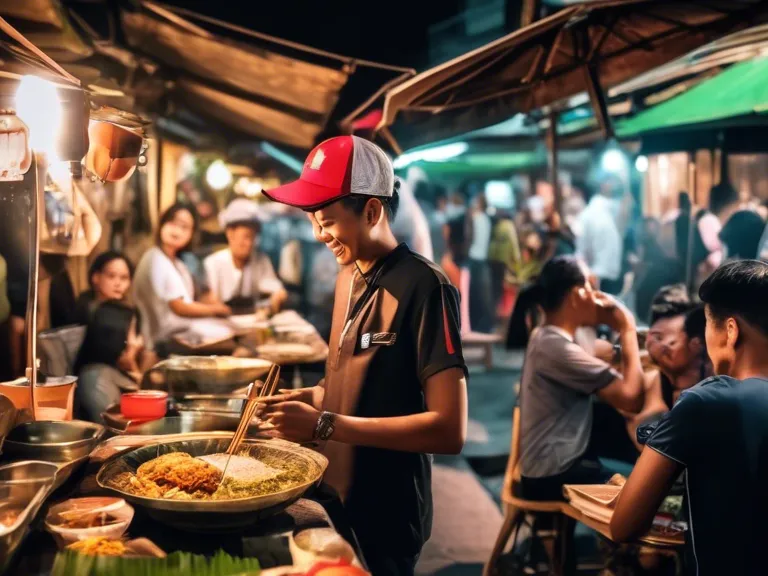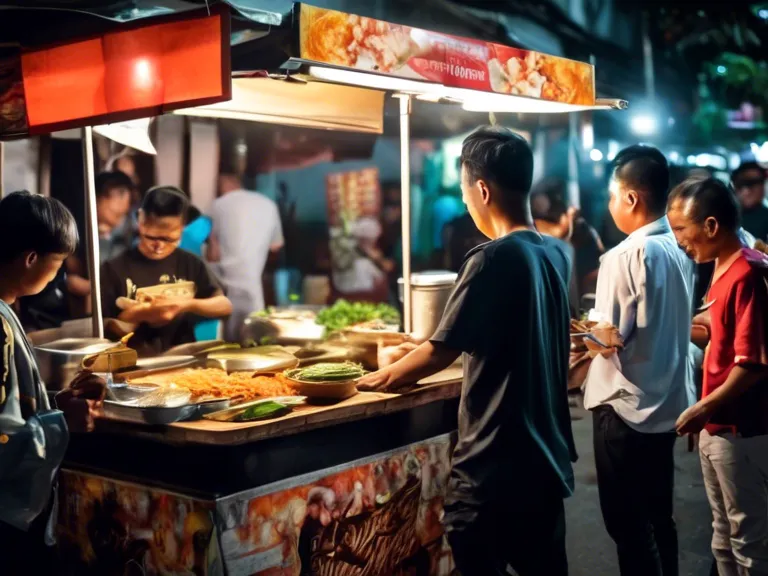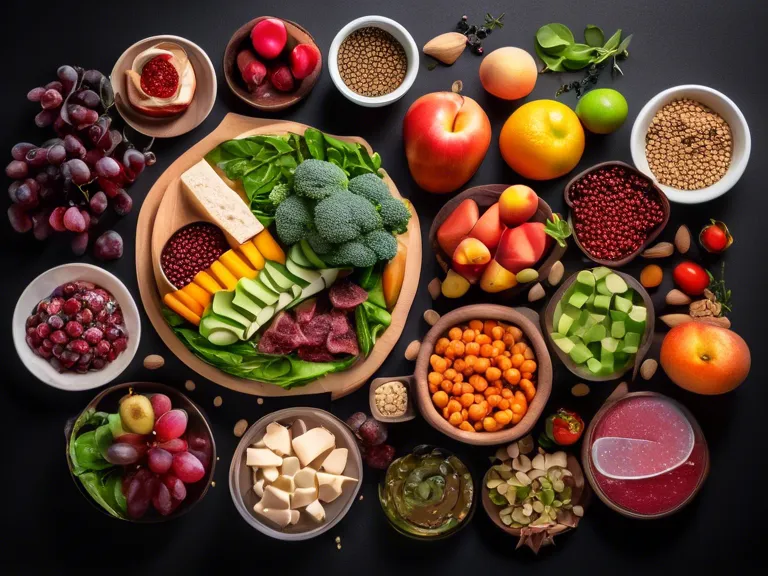
In recent years, social media has played a crucial role in transforming the way Indonesian street food businesses operate. From food trucks to traditional markets, these small businesses have leveraged platforms like Instagram, Facebook, and Twitter to connect with their customers, showcase their offerings, and boost their sales.
One of the key ways social media has impacted Indonesian street food businesses is through increased visibility. By creating catchy posts, sharing mouth-watering photos, and engaging with followers, these businesses are able to reach a wider audience and attract potential customers. This has led to an increase in foot traffic and sales for many street food vendors.
Moreover, social media has also allowed Indonesian street food businesses to receive instant feedback and communicate directly with their customers. Through comments, direct messages, and surveys, vendors can gather valuable insights about their products, service, and overall customer experience. This real-time feedback loop has enabled them to make necessary improvements and better cater to their customers' preferences.
Additionally, social media has become a powerful marketing tool for Indonesian street food businesses. By collaborating with food influencers, running contests and giveaways, and promoting special deals, these businesses can generate buzz and attract new customers. This form of digital marketing has proven to be cost-effective and efficient for many street food vendors looking to expand their reach and grow their customer base.
Overall, social media has revolutionized the way Indonesian street food businesses operate, allowing them to thrive in a competitive market. By harnessing the power of platforms like Instagram and Facebook, these businesses have been able to increase their visibility, engage with customers, and market their products effectively. As social media continues to evolve, Indonesian street food businesses will need to adapt and utilize these platforms to stay relevant and successful in the ever-changing food industry.



